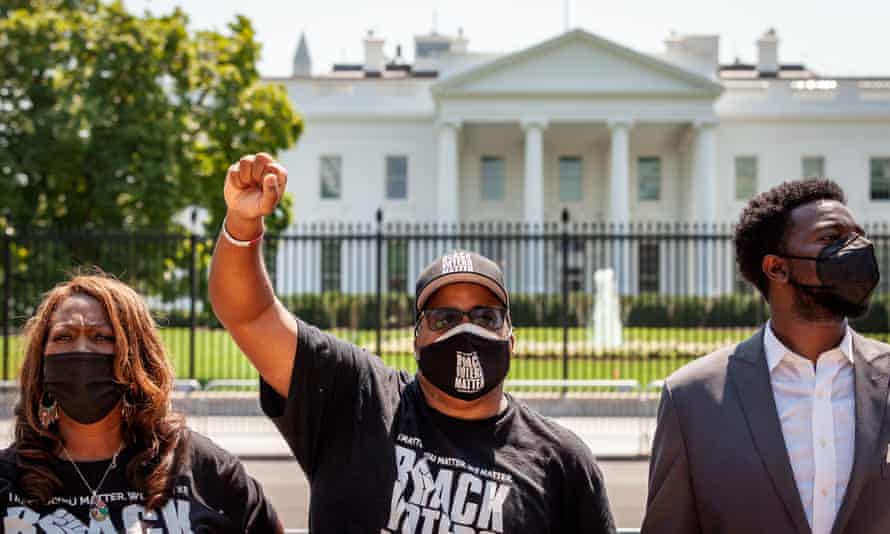
US House passes voting rights bill, restoring critical provision of landmark law
Bill that requires places with history of discrimination to be under federal supervision passes 219-212 – but could fail in the Senate
The bill now faces an uncertain future in the US Senate, where it needs the support of 10 Republican Senators to overcome the filibuster and pass. While Senator Joe Manchin, a key Democratic swing vote, supports the bill, just one Republican, Lisa Murkowski of Alaska, has indicated that she does.
The House passed a similar version of the legislation in 2019, gaining just one GOP vote, but it never passed the Senate, which was then under GOP control.
The legislation is one of two pillars of congressional Democrats’ push to protect voting rights. It sets a 25-year look-back period for assessing voting rights in jurisdictions. If courts have documented at least 15 voting rights violations in a state over that period, the state will have to get any change in voting rules approved by the federal government before it goes into effect (if the violation is committed by the state as a whole only 10 violations are required to trigger federal oversight).
The updated formula comes eight years after the US supreme court said the formula in the law that determined which states were subject to pre-clearance was outdated and struck it down. Voting advocates have said that ruling, in a case called Shelby County v Holder, has offered states a green light to discriminate against Black voters.
“Old battles have indeed become new again. While literacy tests and poll taxes no longer exist, certain states and local jurisdictions have passed laws that are modern day barriers to voting,” Terri Sewell, an Alabama Democrat who represents Selma in Congress, said on the floor of the House Tuesday.
The states that would have to get election changes approved are Alabama, Florida, Georgia, Louisiana, Mississippi, North Carolina, South Carolina and Texas, Peyton McCrary, a former Justice Department historian, testified earlier this month. . .
>
The law also outlines several procedures that would be subject to federal pre-clearance everywhere in the country, including changes to voter ID laws, reductions in polling locations and changes in policies that determine who gets removed from the voter rolls.
Republicans decried the measure as unnecessary, saying it gives the federal government too much power to oversee elections. . .
During debate on the bill, Democrats scoffed at the notion that the bill was not needed. They noted it came as Republican lawmakers across the country have taken up hundreds of bills to enact voting restrictions. House Speaker Nancy Pelosi described it as “the worst voter suppression campaign in America since Jim Crow”. . .
> Beyond the John Lewis bill, Democrats are also trying to pass the For The People Act, sweeping legislation that would outlaw severe partisan gerrymandering, set minimum requirements for early voting and require automatic, same-day and online voter registration, among other measures. Voting rights experts say both measures are needed to fully protect voting rights, though Democrats have not unveiled a plan to get either around the filibuster.
Source: Sam Levine

No comments:
Post a Comment